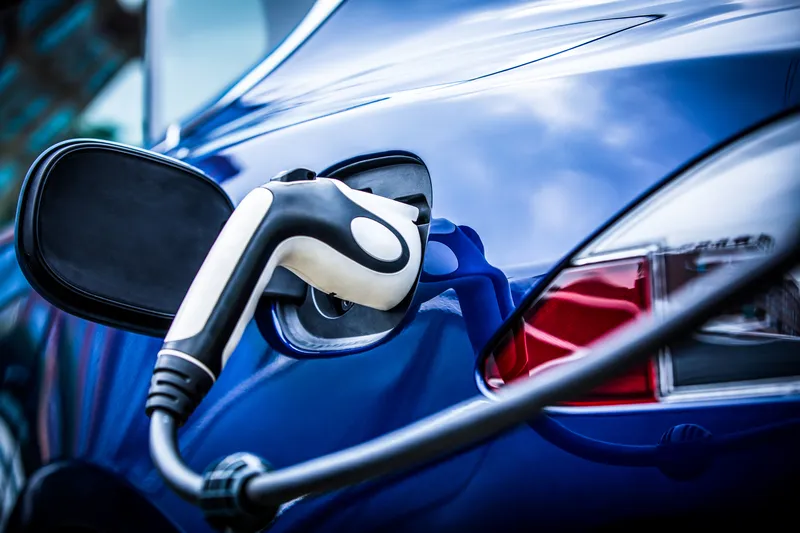
Electric vehicle (EV) infrastructure specialist Connected Kerb has been selected to deliver on-street EV chargers for a project in New York City.
The UK firm has been chosen by New York City Department of Transportation (NYCDoT) and Newlab for their collaboration - The DOT Studio initiative - which aims to demonstrate how public access to EV charging can drive up EV ownership amongst the 50% of city residents who park their cars on-street.
The Biden Administration is targeting 50% of all new vehicle sales to be electric across the US by 2030.
EV ownership in New York is growing: in 2021, around 15,000 EVs were registered in the city, with over 5,000 of these sold in 2020 alone.
From this autumn, Connected Kerb will install its EV charging points to deliver a ‘living lab’ that will demonstrate its smart city infrastructure.
Locations in Brooklyn Navy Yard are currently being scouted. Connected Kerb's charger infrastructure is often integrated into street furniture such as bollards, and can be integrated with other smart technologies, such as 5G, Internet of Things and air quality sensors.
The company says the power infrastructure of its chargers is installed below ground, offering a longer lifespan by protecting critical infrastructure, and enabling more plug sockets to be added above ground as demand grows in future.
The findings from the pilot are expected to inform wider EV charging roll-outs across New York City, helping to realise the city's goal of installing 10,000 curbside chargers by 2030, and electrifying 20% of municipal parking bays by 2025.
“There are around two million light duty vehicles in New York City, accounting for 80% of transport emissions," said Steve Richardson and Nick Dobie, Connected Kerb co-founders, in a statement.
"NYCDoT has established ambitious goals to eliminate these emissions by boosting electric vehicle adoption, and The DOT Studio project will provide crucial a blueprint for how to deliver world-leading charging infrastructure to support that goal – supercharging EV uptake, cutting emissions and improving public health."
Connected Kerb has selected Charge Infrastructure, a division of Charge Enterprises, to be installation provider for this project.
“Enabling greater EV adoption is critical to achieving New York City’s Net Zero goals,” said Shaina Horowitz, VP of product and programs at Newlab.
“We expect the pilot to provide invaluable data on how to most effectively deploy EV charging infrastructure in densely populated areas and make scalable EV use possible, with potential implications for both NYC and cities around the world.”
Three chargepoint providers – Connected Kerb, Char.gy and Voltpost – are participating in the project.










